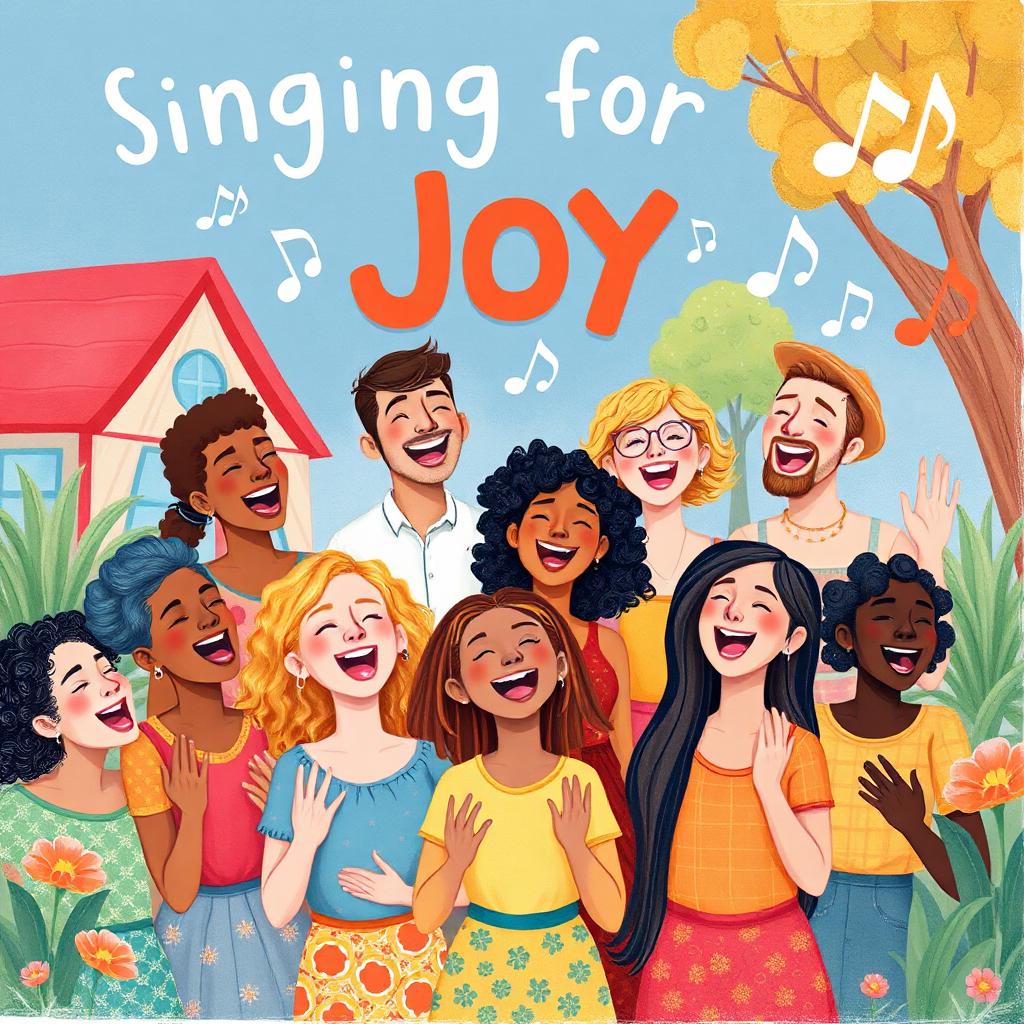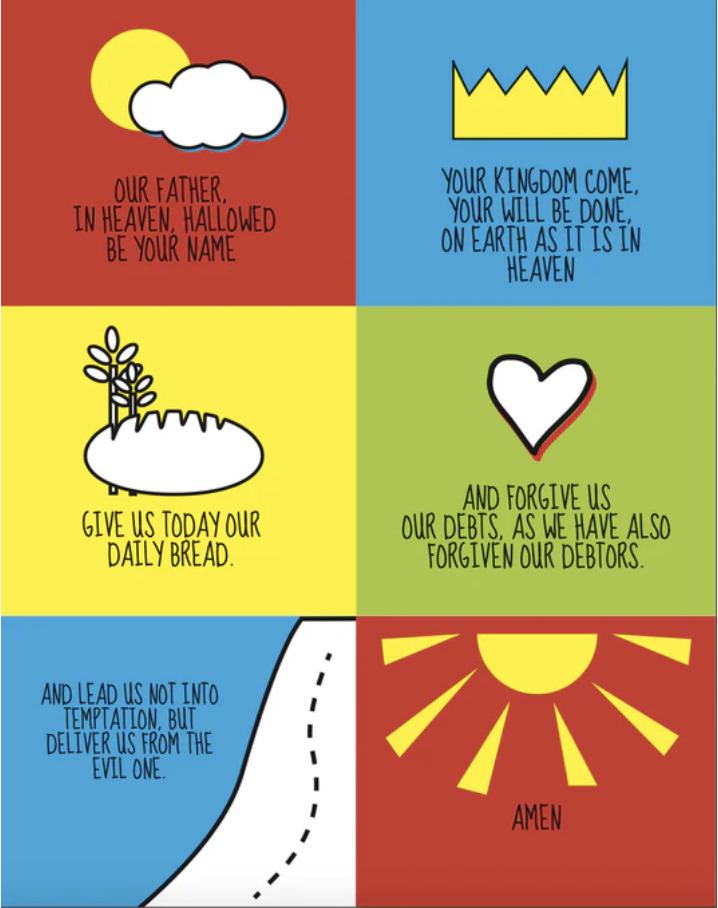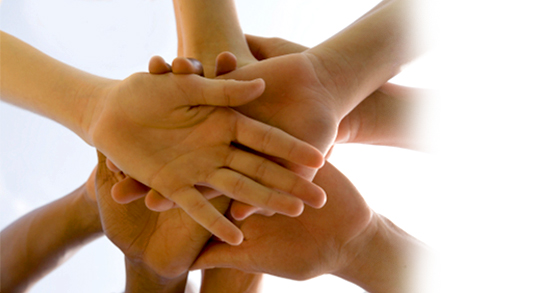April 6th Daily Devotional
LIVING, LEARNING & LOVING during LENT Lenten devotionals for March and April. We will focus on a different concept each day of the week: Sundays: Resting/Taking Sabbath Mondays: Fasting Tuesdays: Giving Wednesdays: Serving Thursdays: Praying Fridays: Studying/Learning Saturdays: Celebrating/Playing. April 6 (Sunday – Resting/Taking Sabbath) Scripture: Psalm 42:1-2 – As a deer longs for flowing streams, […]




